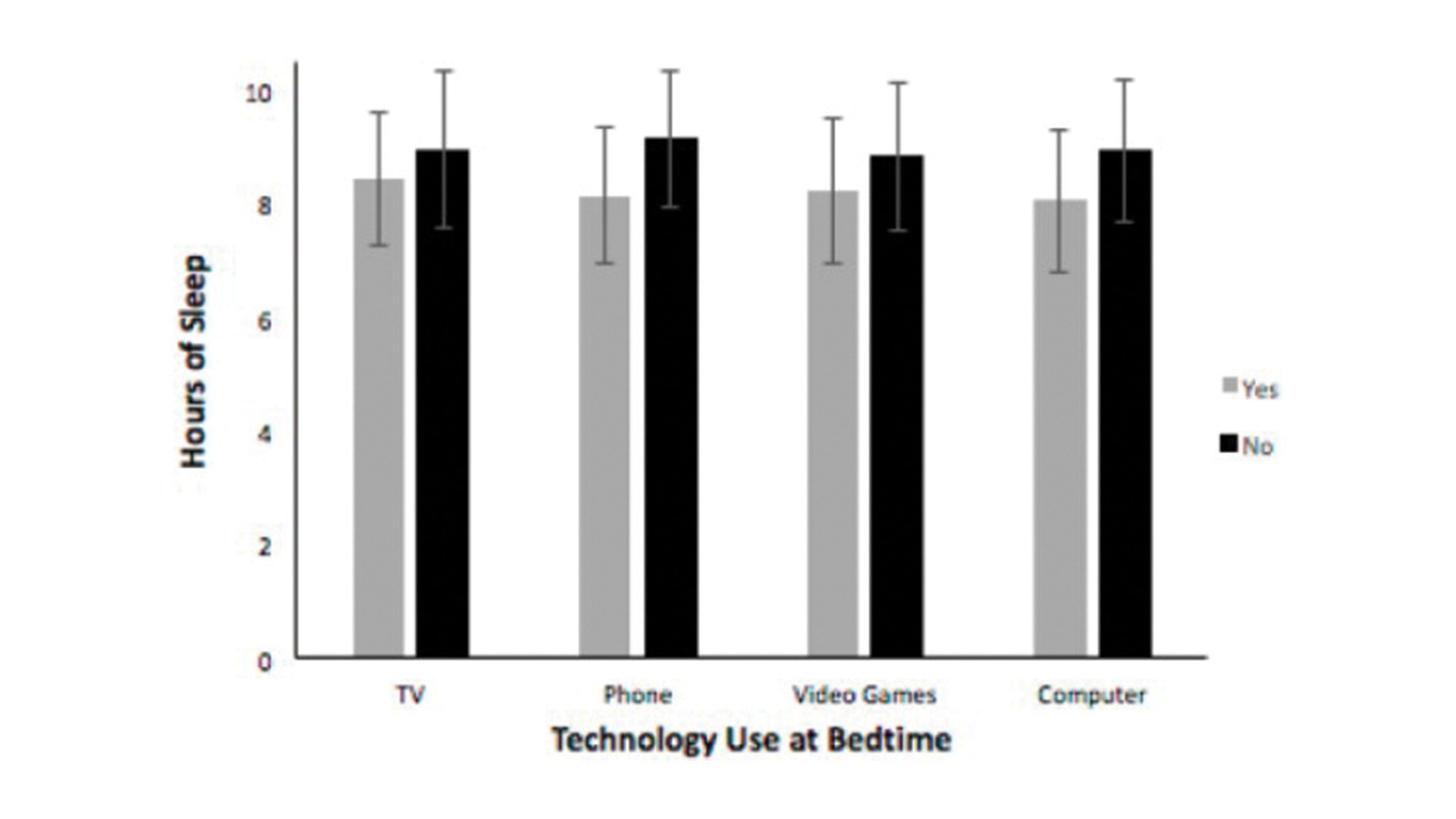With Spring Break right around the corner, your kid’s immunity is more important than ever. What can you do to protect your child from the endless array of germs and viruses they encounter at school or on vacation? Here are five easy ways to boost immunity and overall health in children.
1. Eat Healthier Foods & Minimize Sugar
One of the easiest (and tastiest) ways to boost your kid’s immunity is through diet. Consider adding more produce that contains carotenoids, which are immunity-boosting phytonutrients, to their diet. Phytonutrients increase the body’s production of infection-fighting white blood cells and antibodies that block out viruses. Some examples of foods that contain carotenoids are carrots, green beans, oranges, and strawberries. Dealing with a picky eater? Pureed carrots are easily hidden in mac & cheese and spaghetti sauce, and homemade popsicles are perfect for fresh fruit.

Another easy way to boost immunity is by serving probiotic-rich, fermented foods. While serving up kefir or sauerkraut may be a tough task, unsweetened yogurts with mixed or pureed fruits are a tasty, kid-friendly treat. Probiotic-rich food builds up good gut bacteria, providing immune support for your kid.
Additionally, food with added sugar significantly affects immune function by increasing inflammatory proteins and damaging the intestinal barrier, lowering immunity. Especially for children, limiting the intake of foods and beverages high in added sugar, like candy and sugary drinks, can improve overall health and promote healthy immune function.
2. Exercise Regularly
Studies have long shown that more physical activity directly contributes to better immune health, having positive effects by altering autoantigen-induced immune activity. With cold weather beginning to subside, March is the perfect time to start implementing more regular exercise outside. Even going for a quick family walk is an easy way to boost immunity in kids.
If the weather is still too cold to be comfortable outside, gentle exercise indoors is still better than nothing. For example, jumping jacks, skipping, cartwheels, and dancing are all fun ways to get your younger children up and moving inside.
3. Consistently Good Sleep
Studies have shown that sleep enhances the adaptive immune response to invading antigens and makes you less susceptible to illness by reducing natural killer cells, immune-system weapons that attack microbes, and cancer cells. Another study of identical twins found that the twin with the greatest sleep deprivation had the most impact on the suppression of the immune system. During sleep, cytokines are released by the immune system, and antibodies are boosted. Both sleep and the circadian system help regulate the immunological processes
The amount of sleep that children need varies with their age and other factors, but plenty of rest and a regular sleep schedule is key to a robust immune system. One key to establishing a good night’s sleep for kids is to set a bedtime routine and go to bed at the same time every night. This helps children feel more secure and sets their circadian rhythm.

Another tip to ensure a better night’s sleep is to create a stimulus-free environment one or two hours before bed. Electronics can make kids feel wired when they should be resting; it can also inhibit the production of melatonin and serotonin. One study found that children who interacted with the TV, phone, computer, and video games before bedtime had at least a half-hour of lost sleep compared to children who did not (findings above).
4. Manage Stress
For kids and adults alike, stress stimulates the immune system. While some stress is necessary and positive, studies show that when the body experiences chronic stress, it loses the ability to regulate normal inflammatory responses which can adversely impact the immune system. Further studies found that kids experiencing high psychological stress in their families may have depressed immunity and difficulty in warding off infections.
As a result, implementing age-appropriate stress reduction techniques can help your kids and their immune systems. For example, young kids may not sit through a 20-minute yoga class, but they can still benefit from a few minutes of deep breathing, playing with a pet, or stretching.
5. Implement Supplements and Vitamins
To implement in tandem with other immune-boosting practices, specific vitamins and minerals like zinc, vitamin C, vitamin D, and elderberry promote a healthy immune response. These vitamins can be found in natural sources. For example, Vitamin C foods include broccoli, strawberries, citrus fruits, and Brussels sprouts, and Vitamin D is best obtained from natural sunlight when possible. However, testing your kid’s levels with their pediatrician and supplementation is often necessary.
For example, Little DaVinci’s supplements enhance the health and well-being of kids using quality ingredients that have Vitamin D, Vitamin C, probiotics, and more. Little DaVinci supplements are made with non-GMO ingredients, gluten-free, and have no added sugars, dairy, or extra fillers or binders.







